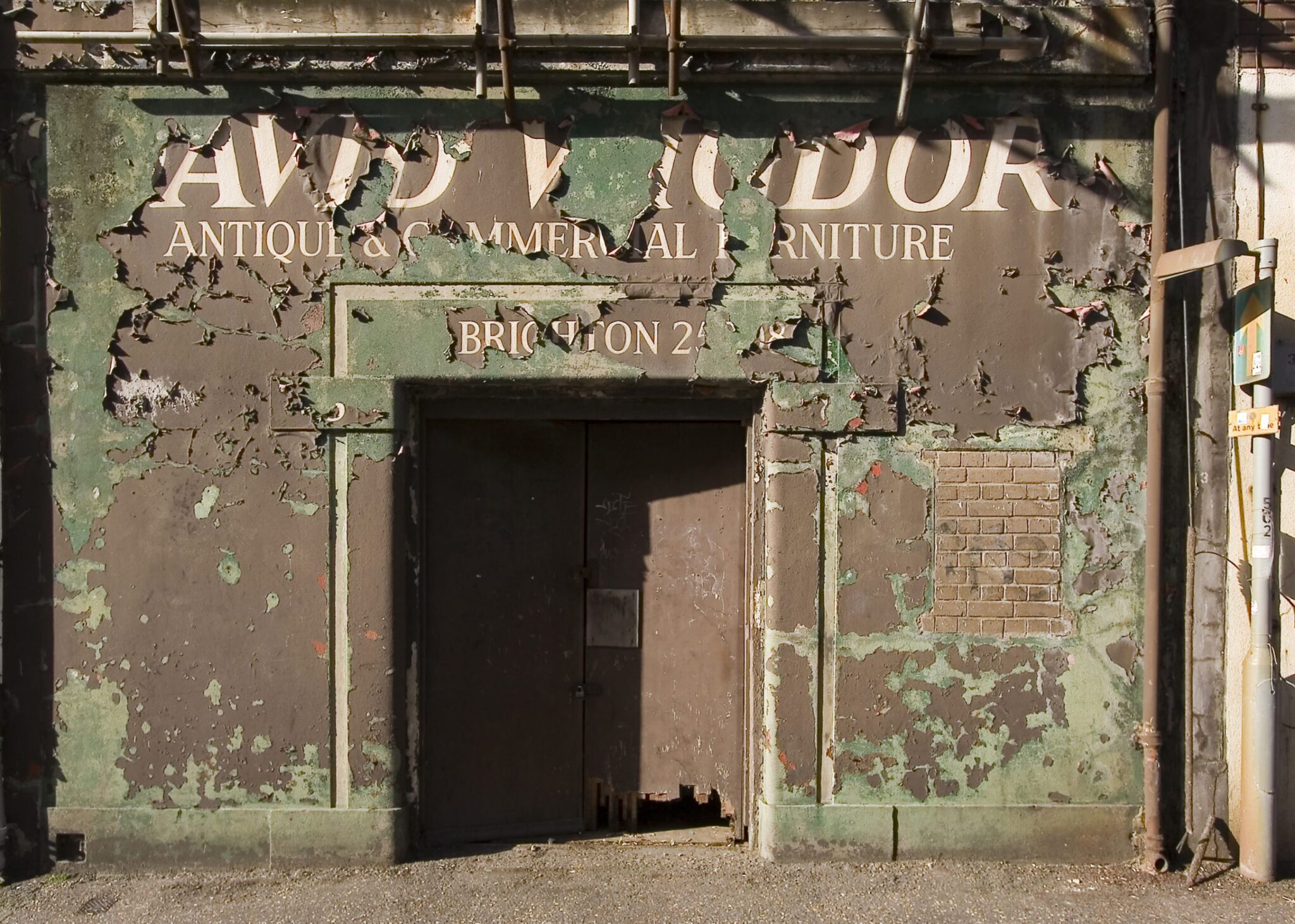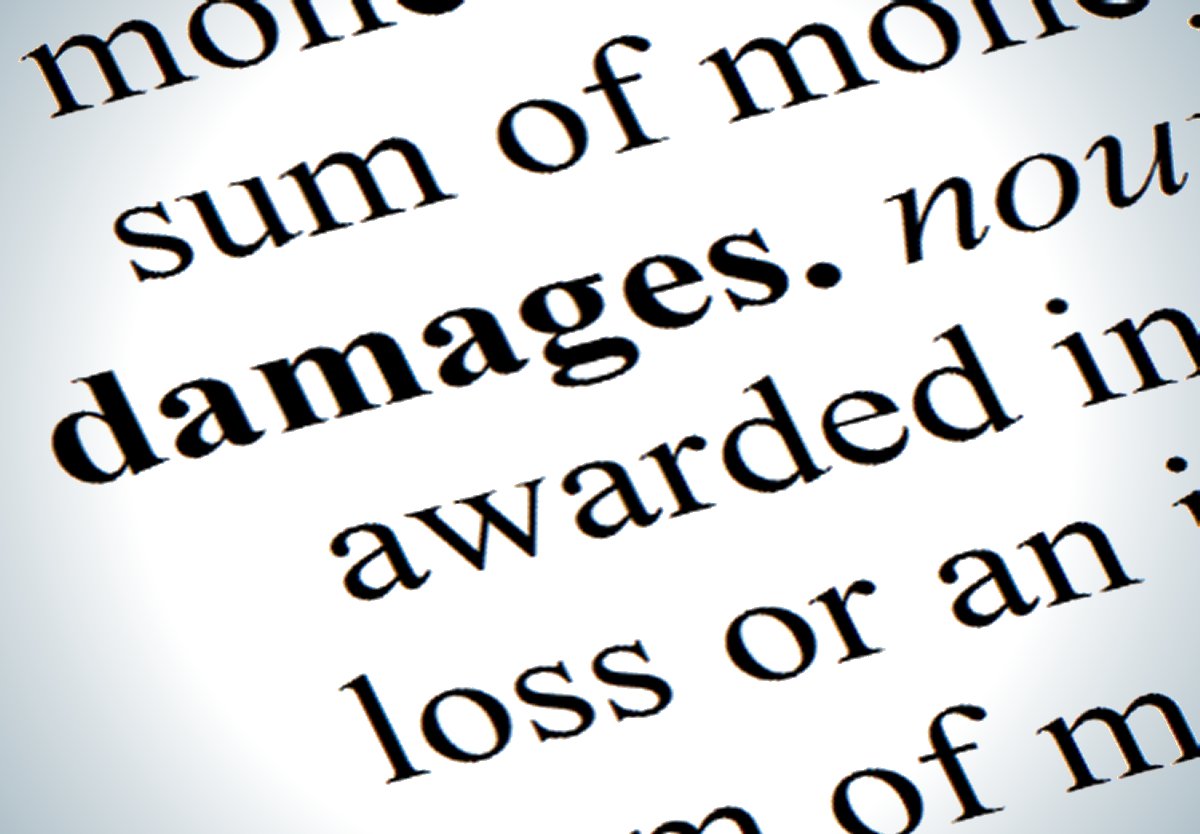As a result of the global spread of Covid-19 and with the number of confirmed infections rising globally, businesses are looking to their insurance policies and the terms therein to establish whether or not they have any business interruption coverage to help them through these difficult times.
Business interruption policies are policies of indemnity, the purpose of which is to put the business in the position they would have been had there been no interruption subject, of course, to limits and terms and conditions of the policy.
Lacey Solicitors has seen an increase in instructions relating to the terms of these business interruption policies where it transpires that, more often than not, business disruption typically is included within the policy.
The query therefore arises, can a business utilise the business interruption cover in their policy of insurance to claim back their losses arising from the spread of Covid-19?
To answer this one must carefully review a business’s policy of insurance, but a history lesson is also helpful to understand the wording of these policies.
The 2003 Severe Acute Respiratory Syndrome (SARS) Outbreak was one of the largest losses to the insurance industry ever recorded.
By way of comparison, SARS was also a Coronavirus and also began at a Chinese wet market.
Covid-19 however has dwarfed the death and infection rate of SARS with current figures at the time of writing as;
349,090 infections and 15,296 deaths globally over the past 4 months to date.
SARS however had 8098 infections and 774 deaths over a 20-month period.
Insurers paid millions in business interruption losses as a result of the SARS outbreak and given those losses, insurers quickly amended insurance policies to list the diseases for which the Insurer is in fact providing cover.
This would cover losses as a result of interruption of the business carried on at the premises as a result of illness sustained by any person resulting from an outbreak of disease which the local authority has stipulated will be notified to them and any the insurers added themselves, but would allow insurers to refuse to deal with claims beyond the scope of that list.
In these instances, such lists are often entitled ‘Notifiable Diseases’ but our experience is that this is not always the case.
On the issue of these lists Axa Insurance DAC for example said in a statement earlier this month:
“In general, when our Business Interruption policies provide an extension in cover for infectious diseases, they list the diseases by name. Only for those diseases will they compensate for financial losses resulting from premises having to close….Our wordings don’t refer to a general class of notifiable diseases, but they name each disease individually.”
In the Republic of Ireland, on 20th February 2020, Minister for Health, Simon Harris TD signed the ‘Infectious Diseases (Amendment) Regulations 2020’ to include Covid-19 on the existing list of notifiable diseases.
Sometime later on 5th March 2020 Covid-19 was classed by the UK Government as a “notifiable disease.”
The dates are important so as to accurately measure the extent of the losses sustained. These dates are in effect the ‘trigger dates’ as to when cover begins after outbreak.
The Hong Kong Courts following the SARS outbreak considered these issues in New World Harbourview Hotel Co. Ltd v ACE Insurance & Ors [2012] HKEC 264. The case confirmed that insurance cover is not (usually) retrospective and that loss will only arise as a consequence of the insured peril that triggers the policy. In that case, losses that occurred before the date the SARS virus was added to the 1st schedule of the Quarantine and Prevention of Disease Ordinance (similar to our list of Notifiable diseases) were not covered by the Insured’s policy.
Although this is, in some respects, good news, it does not automatically mean that businesses will be able to claim under their business interruption insurance.
The Association of British Insurers says most business insurance policies are still “unlikely” to cover losses.
AXA Insurance DAC stated:
“When Covid-19 was added to the list of notifiable diseases in England, it did not change policy coverage.”
The Insurance Industry will argue that insurance is effective, available and affordable to the public and business community at large only if Insurers are able to accurately assess their liability and price risks in a way that allows for insurance to remain viable for all.
How then could an insurer price in a disease that did not exist at the time they incepted the policy? They will likely collectively ‘dig their heels in the sand’ that if it wasn’t on the list at policy inception, it is not covered.
One would have thought therefore that the vast majority of business interruption policies would provide for a list of the diseases for which the Insurer is in fact providing cover.
Our experience now however is that this is not always the case.
Indeed, some policies specifically confirm an indemnity as a result of a business being affected by an outbreak of a contagious or infectious disease. We have read with interest one such policy which gives no breakdown or definition of a contagious or infectious disease and no restrictions on that cover.
The Insurer of that policy is seeking to argue that it provides business interruption for normally expected interruptions that might impact a business in its day to day operations.
Some insurers during this crisis are allowing business owners to ‘cancel’ free of charge their contract of insurance where the business has closed as a result of the current crisis and business owners are (understandably) struggling to pay premiums where a business is currently closed. An insurer may even go so far as to offer a refund of any outstanding premiums for the duration of the crises. To that, we say that a business owner should be mindful of this, where a cancellation and/or refund may be construed as acceptance of the position of the insurance company.
The Insurance industry shall wish to maintain the argument that global and widespread issues such as Covid-19 are too large for the insurance industry to bear and would, if they did have such a liability, involve insurance premiums to a business at unaffordable levels.
Over the past 100 years or so Insurers have learned to know to exclude eventualities such as Nuclear War, Civil Unrest, Radioactivity, and importantly, a long list of diseases etc. The more prudent insurer, following the SARS outbreak took appropriate steps to amend their policies to reflect the possibility of a second outbreak.
We would argue therefore that an insurer who neglects to sufficiently define the extent of their coverage in the policy wording or sufficiently restrict or exclude liability in this eventuality does so at their peril.
Lacey Solicitors has solicitors qualified in NI and ROI that are dedicated to complex Business Interruption claims. In addition to this, all our solicitors are experienced in the technically demanding task of policy interpretation. The expert handling of Business Interruption claims is part of our core offering to Insurers, Policyholders and private clients.
In the first instance, we are ready to respond to prospective claimants by reviewing the extent of policy cover provided by the actual policy. Thereafter we can discuss our prospective involvement on your behalf and show you where there may be cover that might respond to your loss.















